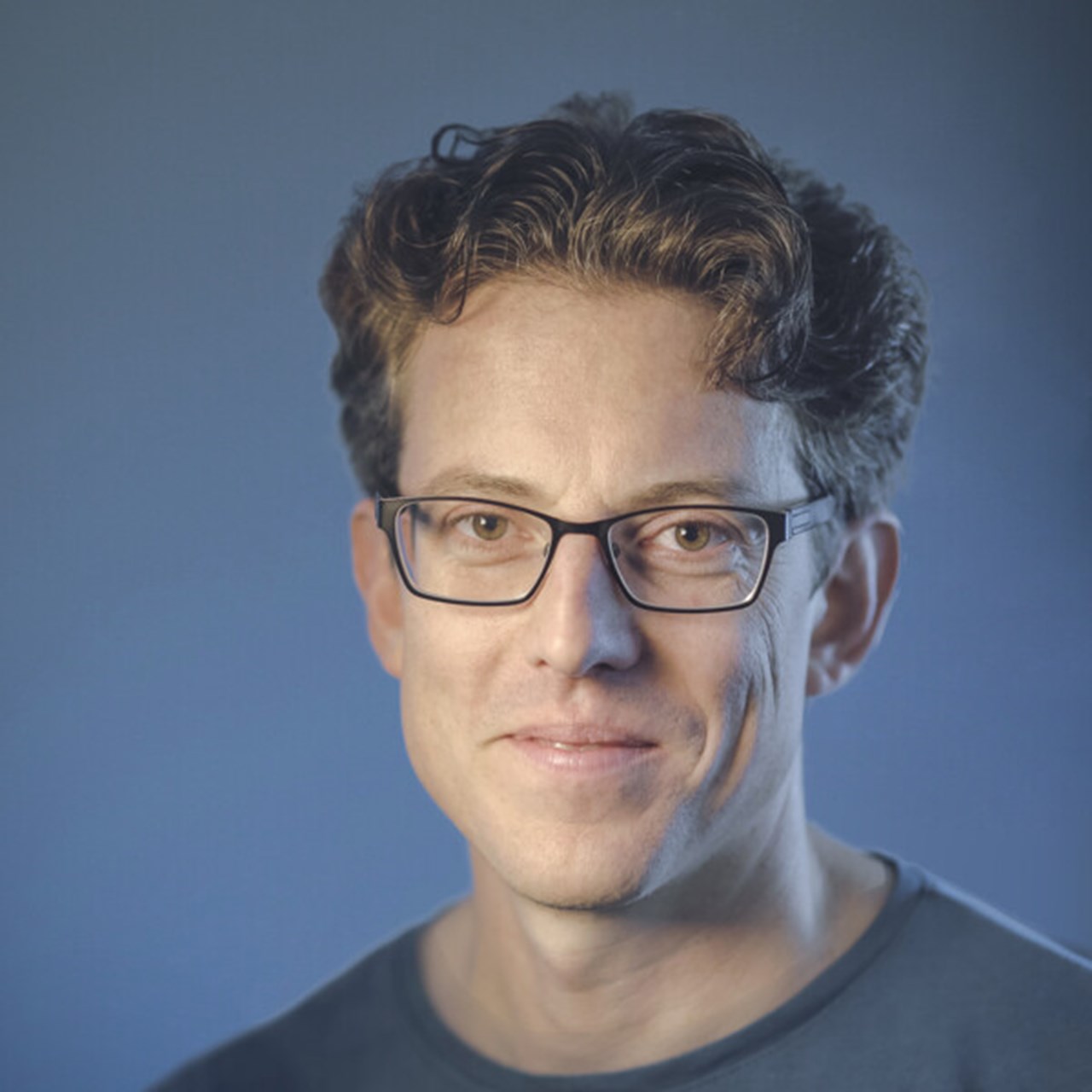About Kalle Grill
Kalle Grill is docent and associate professor of philosophy and coordinator of the Bachelor’s programme in Philosophy and Social Analysis. He teaches and supervises moral and political philosophy.
He runs several research projects, one of them being “Future people and the sustainability concept” together with Lars Samuelsson. The project finishes in 2020.



